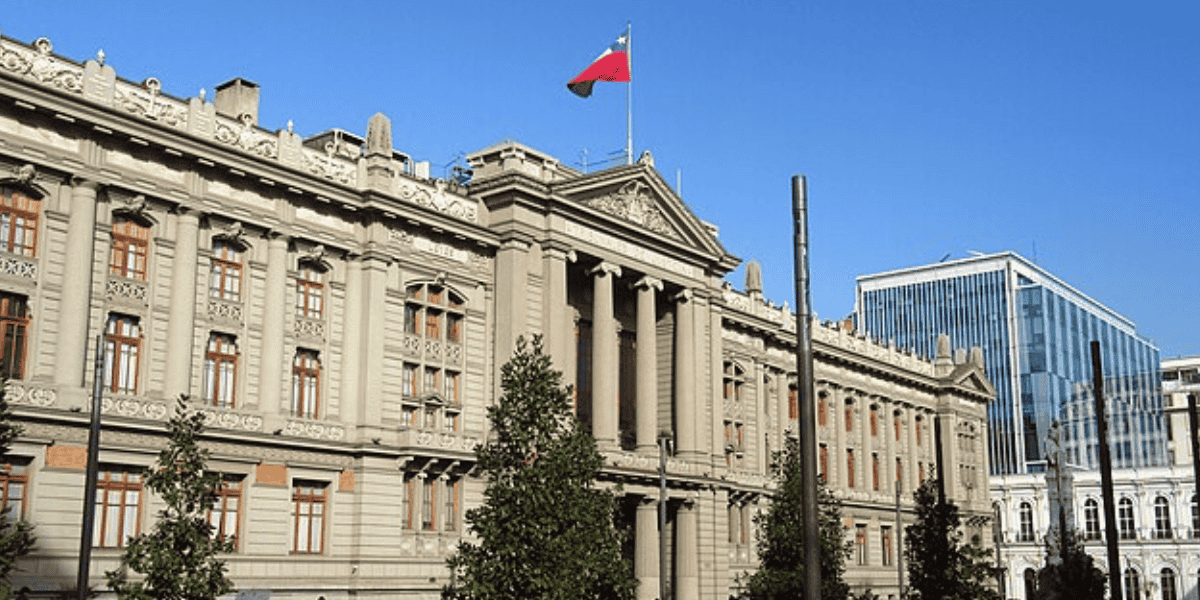On 20 September 2018 the IMF issued a report on the economic position of Chile following consultations under Article IV of the IMF’s articles of agreement.
Chile has experienced strong economic growth in 2018 and is expected to reach around 4% for the year. There is a favourable outlook and growth is likely to settle in the medium term to around 3%. The main downside risks related to the external economic environment and rising protectionism, tighter financial conditions and weaker growth of important trading partners. Growth could be strengthened by rapid implementation of the structural reforms and a stronger recovery of investment. Upside risks to the economic outlook are related to a rapid implementation of the structural reform agenda and stronger-than-expected rebound in investment.
The government has introduced a proposal to make the tax system more efficient and the IMF considers that the final measures must be funded and equitable. The measures involve a return to a single, integrated tax system and include accelerated depreciation and faster VAT reimbursement. The IMF welcomes the government’s intention to ensure that the tax reforms are fully funded. To combat tax avoidance the government should strengthen the tax administration and consider further measures. The IMF considers that the tax base could be widened by reduction of the special tax regimes; wider coverage of VAT; and adjustment of excise taxes.
Other proposals put forward by the government include measures to streamline business regulation and licensing, improve coordination among public institutions, and establish offices dedicated to solving bottlenecks in the business environment and enhancing the regulatory framework. A pension reform will be designed to increase benefits through higher mandatory contributions. The IMF report suggests that the transition to advanced economy status would be promoted by strengthening capacity for innovation and research and development (R&D); further improving the quality of education; and increasing labor market flexibility to boost productivity.












